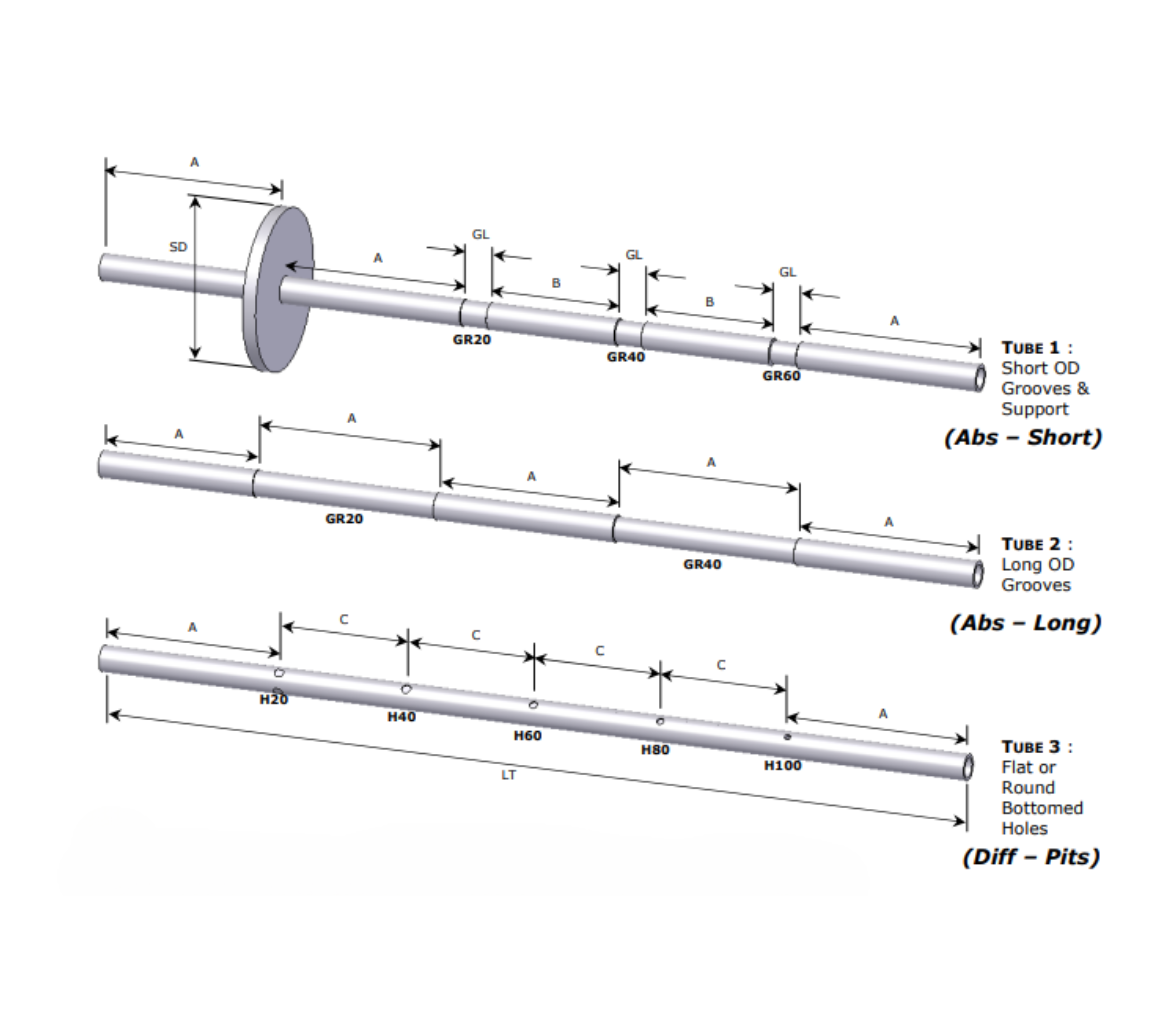

Advanced Detection: RFET Tubes utilize Radio Frequency Eddy Current Technology, providing highly sensitive defect detection capabilities in ferrous and non-ferrous tubes, especially in heat exchangers and cooling systems.
Non-Destructive Testing: These tubes are designed to work with non-destructive testing (NDT) methods, offering precise and reliable measurements without compromising the integrity of the tube or its environment.
Precise Flaw Detection: RFET Tubes are effective in detecting a wide range of defects, including corrosion, pitting, cracks, and thinning, even in hard-to-reach areas of tubes and pipes.
RFET Tubes, also known as Radio Frequency Eddy Current Tubes, are specialized tubes designed for non-destructive testing applications. They are particularly used in heat exchangers, cooling systems, and other tubular systems to identify material degradation caused by corrosion, erosion, cracking, or other mechanical failures. By employing RF Eddy Current technology, these tubes enable highly sensitive flaw detection, even in difficult-to-inspect regions of the tubes.
RFET Tubes provide excellent corrosion monitoring capabilities, offering valuable information on the structural integrity of the tube material. They are commonly used in heat exchanger maintenance programs, helping to prevent catastrophic failures and prolonging the life of equipment. These tubes are often utilized in industries that require regular inspection of their systems, such as oil and gas pipelines, chemical processing plants, nuclear power plants, and power generation facilities.
No technical specifications available for this product.